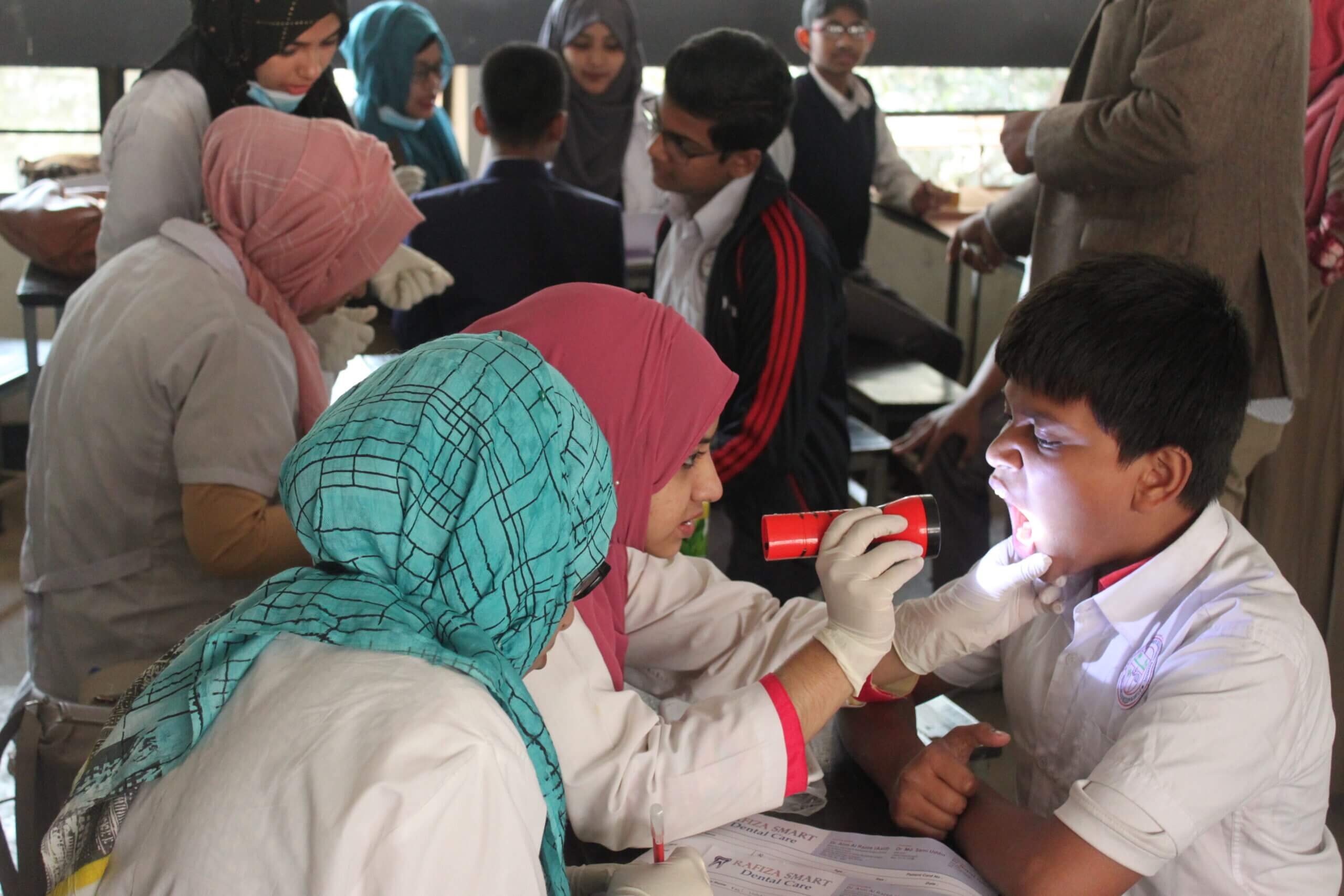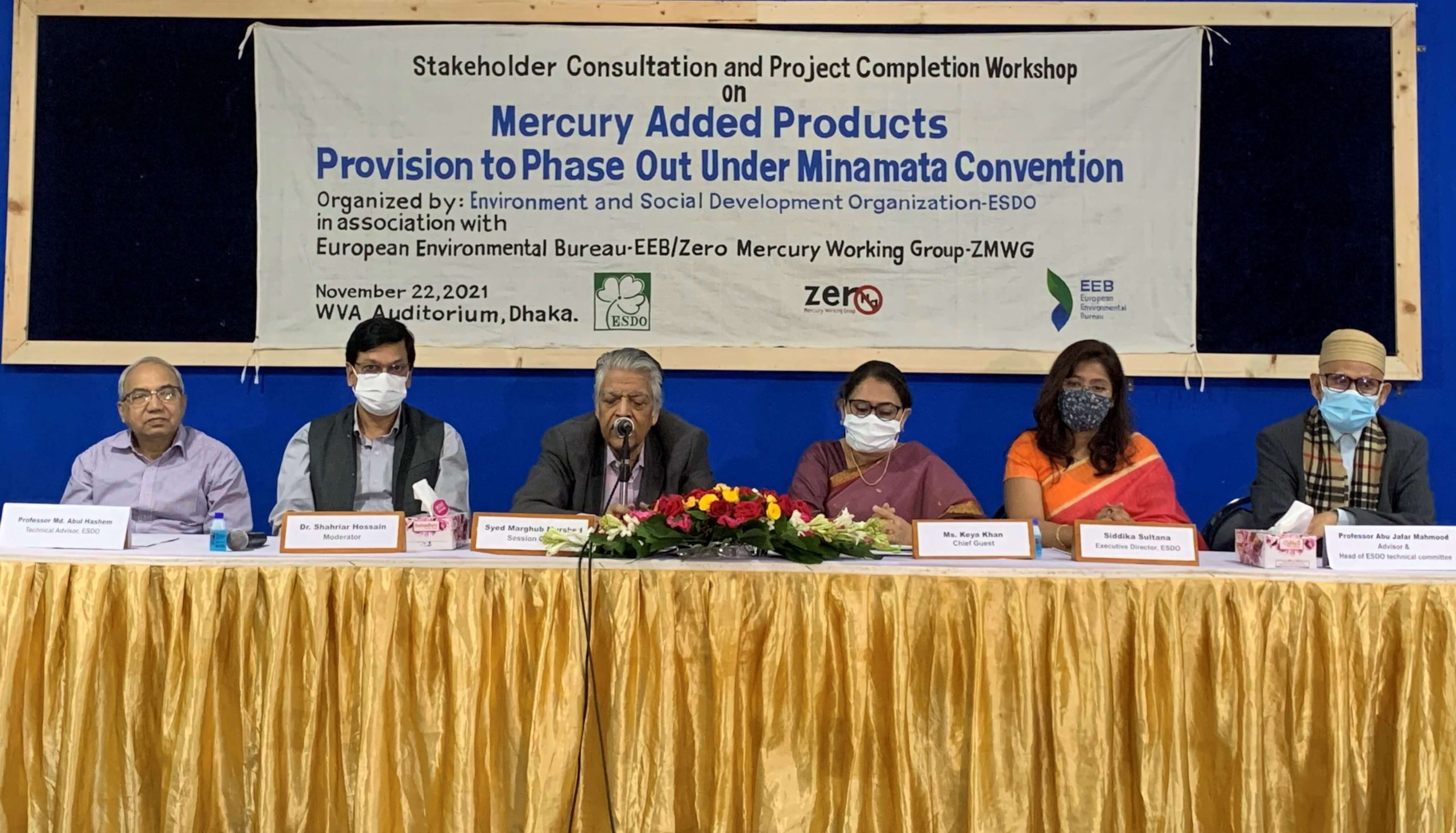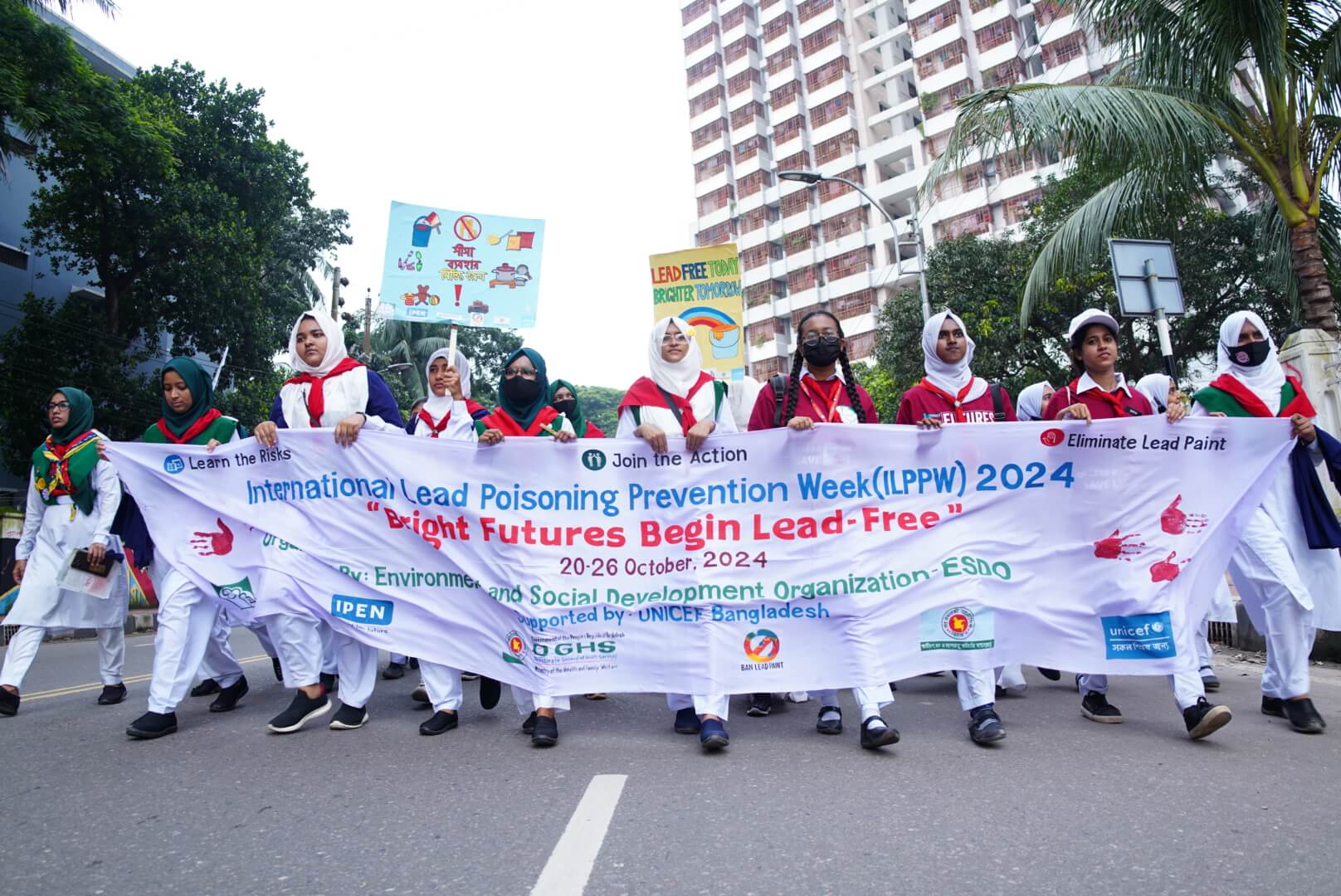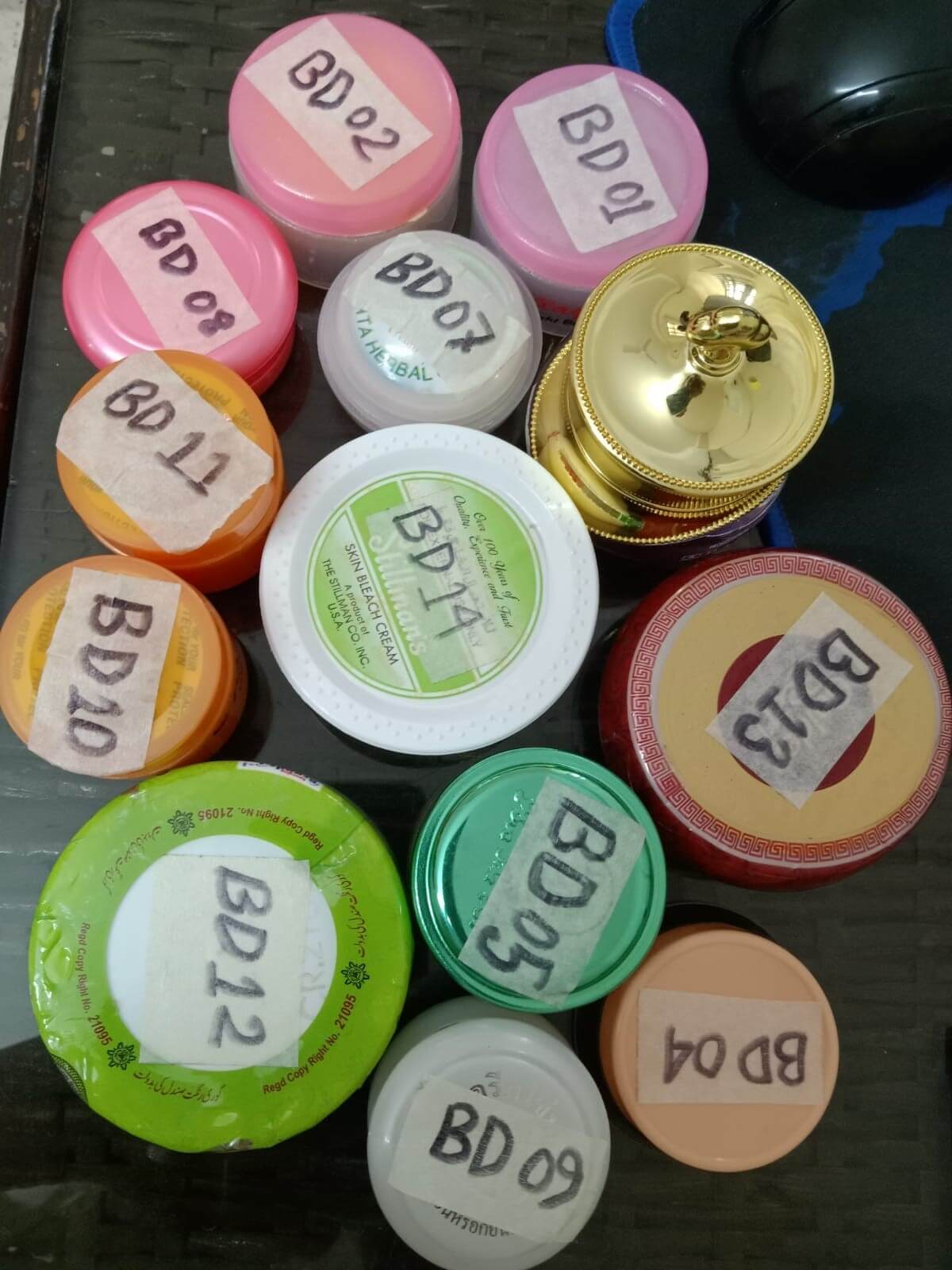
Mercury Free Dentistry
Project Description: The movement towards mercury-free dentistry in Asia, particularly in Bangladesh, has gained significant momentum due to the health risks and environmental hazards associated with mercury dental amalgam. Mercury exposure poses dangers to dentists, staff, and patients, while improper disposal contaminates soil and water. As a signatory to the Minamata Convention, Bangladesh has committed to phasing out amalgam use. Since 2010, ESDO and the World Alliance for Mercury-Free Dentistry have been at the forefront of this transition. Major milestones include the 2018 decision by the Bangladesh Dental Society (BDS) and ESDO to prohibit amalgam use for pregnant women, nursing mothers, and children, and the Bangladesh Armed Forces’ complete phase-out the same year. The Ministry of Health has since introduced a no-mercury procurement plan, and five dental colleges have updated curricula to focus on mercury-free alternatives. Today, over 90% of registered dentists in Bangladesh practice mercury-free dentistry, with 500+ clinics in Dhaka recognized for their commitment.
Other Asian countries have also made progress. Nepal became the first to ban dental amalgam for children, pregnant, and disabled women, while Pakistan banned it for children under 15 but has yet to extend the ban to pregnant and nursing women. Vietnam eliminated amalgam from medical university training, and Philippines completed its phase-out in 2023, with bans in place since 2020. Malaysia aims to phase out amalgam use by 2030, Thailand has banned it for children under six, and Japan has completely phased it out.
In 2024, ESDO has undertaken numerous initiatives, including policy dialogues with the Ministry of Environment (MoEFCC), BSTI, and NBR to push for full compliance with the Minamata Convention. Workshops and conferences on dental education and mercury-free strategies have been organized, alongside mobile awareness campaigns, IEC material distribution, and social media outreach. The campaign emphasizes alternatives like Glass Ionomer Cement (GIC) and composites, ensuring they are accessible and affordable. Moving forward, Bangladesh aims to fully ban mercury dental amalgam, strengthen training programs, and promote sustainable alternatives, reinforcing its leadership in mercury-free dentistry across Asia.



